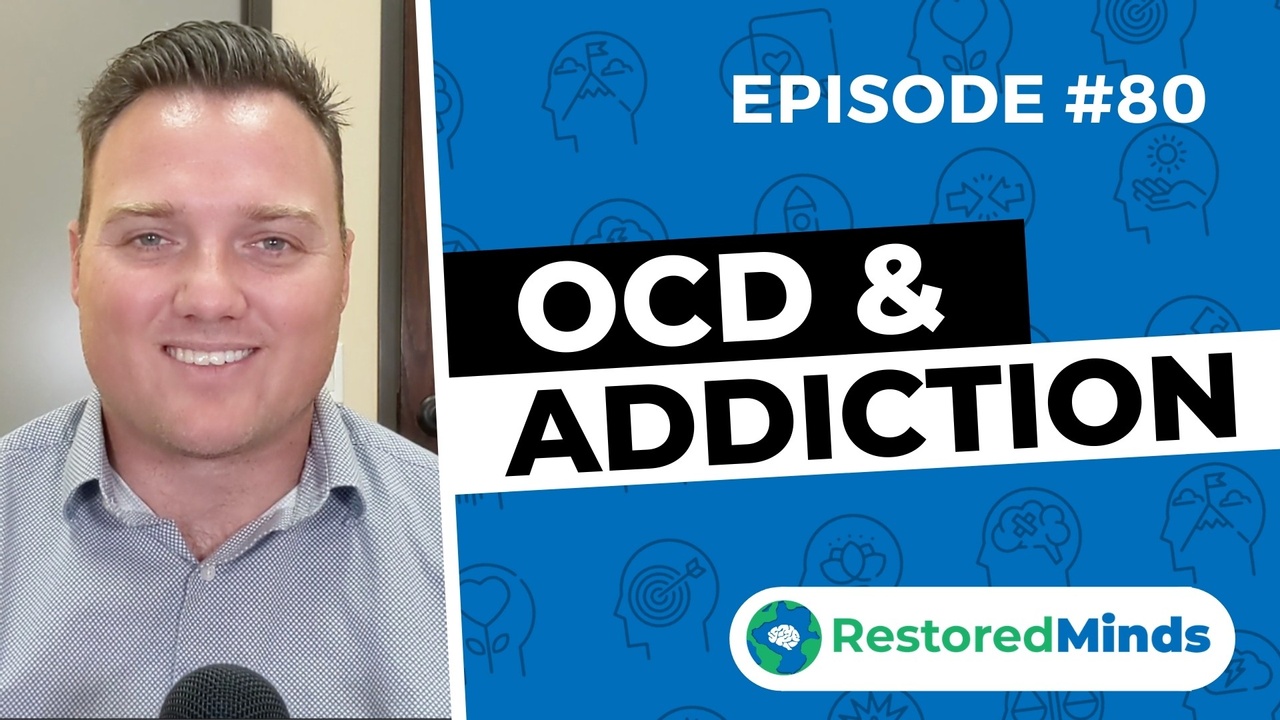OCD & Addiction
Mar 24, 2021
Understanding the Connection Between OCD and Addiction: A Comprehensive Guide
What Are OCD and Addiction?
OCD is characterized by intrusive thoughts (obsessions) and repetitive behaviors (compulsions) that a person feels compelled to perform to alleviate the associated anxiety. In the video, Matt explains the classic OCD loop: an obsession triggers anxiety, leading to a compulsive behavior that provides temporary relief, only for the obsession to return and the cycle to continue.
Addiction, on the other hand, involves repeated engagement in behaviors such as substance use, which temporarily alters one's internal state to alleviate pain rather than pursue pleasure. This could involve anything from drugs and alcohol to activities like shopping and even relationships.
How OCD and Addiction Overlap
Both OCD and addiction can be seen as behaviors that provide temporary relief from anxiety or stress but ultimately perpetuate a harmful cycle. For example, someone with OCD might wash their hands repeatedly to relieve anxiety about contamination. Similarly, a person with an addiction might use alcohol to momentarily escape their stress. Both scenarios involve repeated behaviors driven by the need to mitigate uncomfortable feelings, leading to similar cycles of relief and recurrence.
The Importance of Treating Addiction First
In cases of dual diagnosis, where an individual struggles with both OCD and addiction, it's crucial to address the addiction first. Matt emphasizes that sobriety is essential for effective OCD treatment. This involves getting clean from drugs or alcohol to clear the mind and enable the person to fully engage in Exposure and Response Prevention (ERP) therapy, the cornerstone of OCD treatment.
Steps to Treatment
-
Achieving Sobriety: The first step is to get clean from any mind-altering substances. Sobriety is crucial for allowing the individual to grasp the concepts of psychoeducation and ERP therapy.
-
Psychoeducation: Understanding OCD and its mechanisms is key. The education process helps individuals recognize their compulsive behaviors and the cycle that perpetuates their anxiety.
-
Exposure and Response Prevention (ERP): This involves exposing oneself to triggers of anxiety and preventing the compulsive behavior. Over time, this helps habituate the person to the anxiety, gradually reducing its power.
-
Supplementary Therapies: Techniques such as Acceptance and Commitment Therapy (ACT) and mindfulness can reinforce the benefits gained through ERP, aiding in both addiction recovery and OCD management.
Conclusion
Dealing with OCD and addiction simultaneously is no small feat, but understanding their interconnectedness is the first step toward effective treatment. By achieving sobriety and engaging in targeted therapies like ERP and ACT, individuals can work toward breaking free from these destructive cycles.


